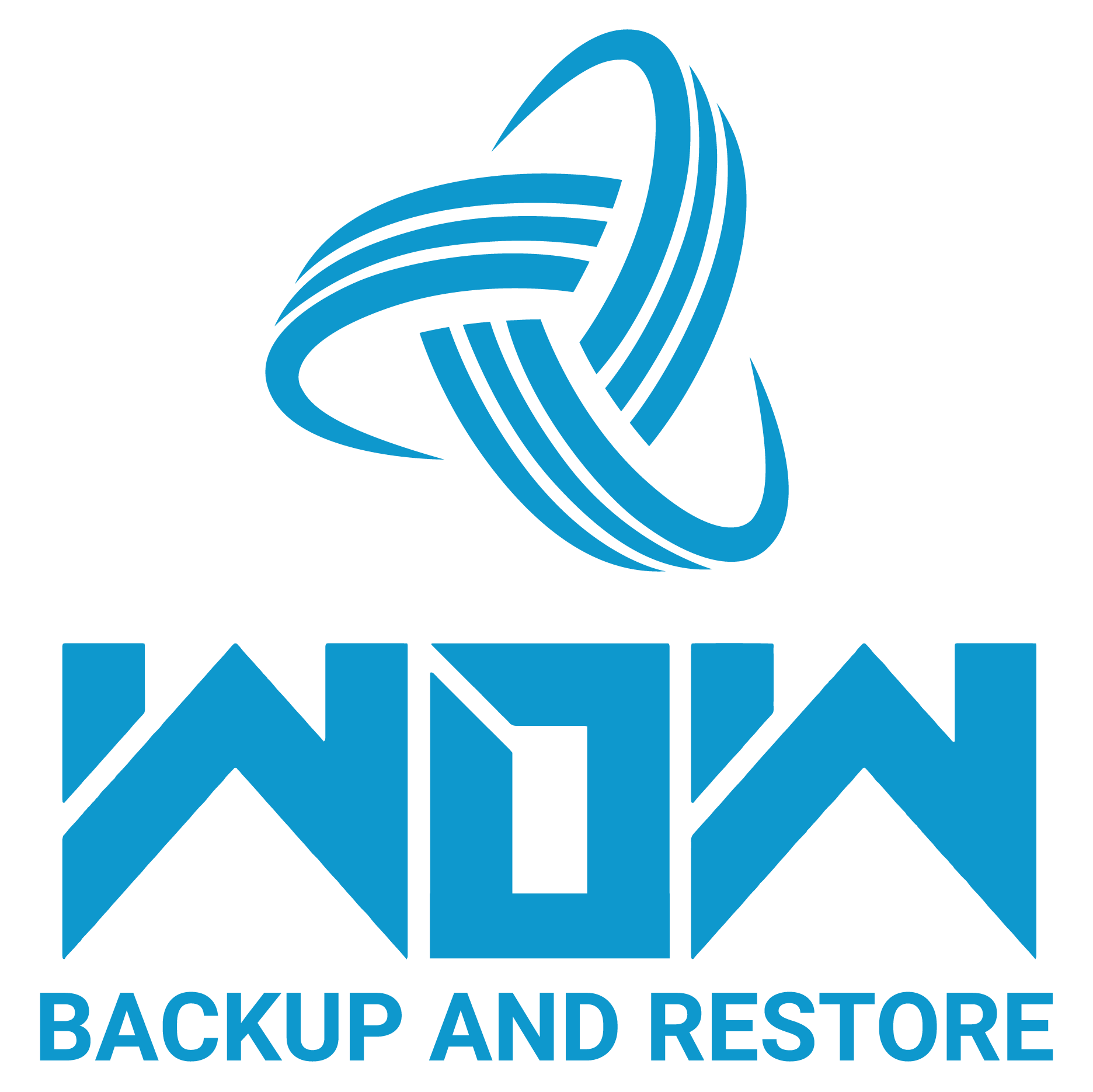
Why Should You Backup?
- Xero is not responsible for restoring your data, you are.
- You cannot get cyber liability insurance without 3 data sources, Xero provides 2, they control both.
- Data residency is your responsibility.
- To mitigate liability because insurance is expensive, especially if you’ve been hacked once already!
- In case your customer get’s hacked or their data is corrupted or worse, ransomed.
- To recover from human error.
- If you want to move to a different provider, you need to control your data.
With all the security Xero provides, why should I back up my data?
 1. We acknowledge that Xero has a very comprehensive data protection and redundant, security program. As accountants we are considered the data custodian by the client and must take every precautionary step to ensure safety and security are considered. Here’s Xero’s liability statement regarding backups: “For loss or corruption of your data, our liability will be limited to taking reasonable steps to try and recover that data from our available backups.” Relying on “reasonable steps” may not be the standard of care your customer expects from you, their perceived custodian of financial data.
1. We acknowledge that Xero has a very comprehensive data protection and redundant, security program. As accountants we are considered the data custodian by the client and must take every precautionary step to ensure safety and security are considered. Here’s Xero’s liability statement regarding backups: “For loss or corruption of your data, our liability will be limited to taking reasonable steps to try and recover that data from our available backups.” Relying on “reasonable steps” may not be the standard of care your customer expects from you, their perceived custodian of financial data.
2. Data Sovereignty; “is the idea that data are subject to the laws and governance structures within the nation it is collected.” So what laws am I subject to?
• Canada has enacted various data sovereignty measures, primarily on storage of Canadian data on Canadian servers.
• The EU Parliament approved their own data sovereignty measures within a General Data Protection Regulation (GDPR).
• The U.S has access to both any data held within their borders and all data of companies that operate within the U.S. via the Patriot Act.
• There are over 100 countries with Data Sovereignty laws, including India, United Kingdom, Australia and New Zealand.
WOWzer Backup and Restore, keeps your data in the country of your customer, worldwide.
3. Can I be held liable if my customers data is hacked or corrupted?
“IR-2018-68, March 22, 2018
WASHINGTON — The IRS, state tax agencies and the tax industry warned tax professionals to be alert to taxpayer data theft in the final weeks of the tax filing season. The Security Summit partners urged tax professionals to enhance their data safeguards immediately.
In recent days, the “New Client” scam has re-emerged, signaling ongoing attempts by cybercriminals to target tax professionals with spear phishing schemes.”
 “‘The question isn’t whether you will be hacked, but when’
“‘The question isn’t whether you will be hacked, but when’
11.13.2018 | MATHIEU DE LAJARTRE Chartered Professional Accountants Canada”
“More than 1 in 5 Canadian businesses hit by cyberattacks
12.12.2018 | BRYAN BORZYKOWSKI Chartered Professional Accountants Canada
“Statistics Canada study shows more than 20 per cent of organizations in 2017 suffered data breaches. And if you think it’s solely an IT issue, think again.”
There are a few simple questions to ask when you realize the above facts:
• Do you have Technology E&O insurance and Cyber Liability insurance?
• Is it more expensive than backing up your customers data?
• Will your insurance cost go up if you have to claim against it?
4. Ransomware, is a real threat that’s simple for hackers to administer through a phishing email, (also known as BEC as a Service). Once an email is cloned and a password is obtained, your data can be held for ransom completely out of your reach, (also known as RaaS). Unless, of course, you’ve backed up to a site away from your third-party cloud platform to keep it safe and easy-to-recover. When you have WOWzer Backup and Restore, you can tell the criminal…he’s out of business.
 5. Human error can cause a lot of problems for companies that use external cloud providers. Perhaps an employee makes a mess in the file, deleting things not meant to be deleted. The only way you can survive through these catastrophes is by backing up to a source outside of Xero. WOWzer Backup and Restore is a place that’s easily recovered from if an employee makes a bad decision.
5. Human error can cause a lot of problems for companies that use external cloud providers. Perhaps an employee makes a mess in the file, deleting things not meant to be deleted. The only way you can survive through these catastrophes is by backing up to a source outside of Xero. WOWzer Backup and Restore is a place that’s easily recovered from if an employee makes a bad decision.
6. Switching Services: We may think Xero is the best of the best cloud accounting service but if you or your customer wants to switch from one cloud service to another, you may want to create a backup and import it into the new service first. This helps protect you if a service you use ever shuts down — you can just take your data with you.

